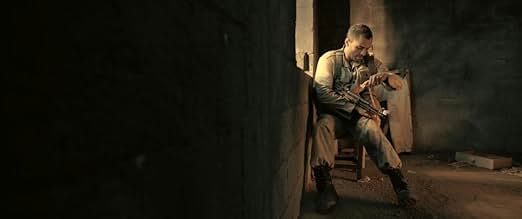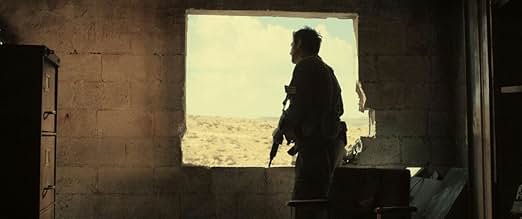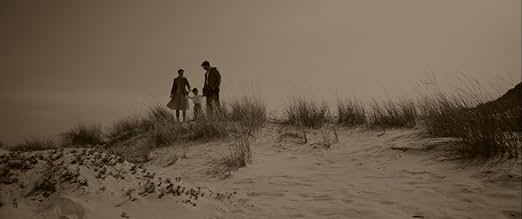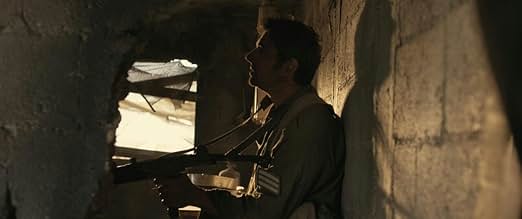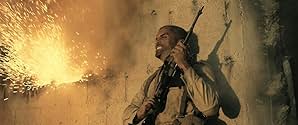For Azimuth, the obvious comparison is 1968's Hell in the Pacific, which was about an American soldier and a Japanese soldier stranded together in the context of World War II. The big difference is that the conflict that frames Azimuth-- the Arab–Israeli conflict-- is still going on, so that a certain tether keeps the story from taking up full residence in the realm of fable. Some distancing is achieved, though, by the use of music that carries the sound of a previous cinematic generation. The credits mentioned Rachmaninoff.
Unlike the opposing soldiers of Hell in the Pacific, those of Azimuth quickly discover that they can communicate well in English. It could happen, but it's a little unlikely. More unlikely is their almost cartoon-like ability to weather hostile fire and endure pain through much of the movie. But if you suspend disbelief, you can enjoy some fine acting, especially by Sammy Sheik, and a suspenseful time. (How much time the events take is uncertain, but apparently it's intended to be not much more than the screen time.) Although the message is a familiar one, the audience is kept guessing as to how it will be punctuated.

